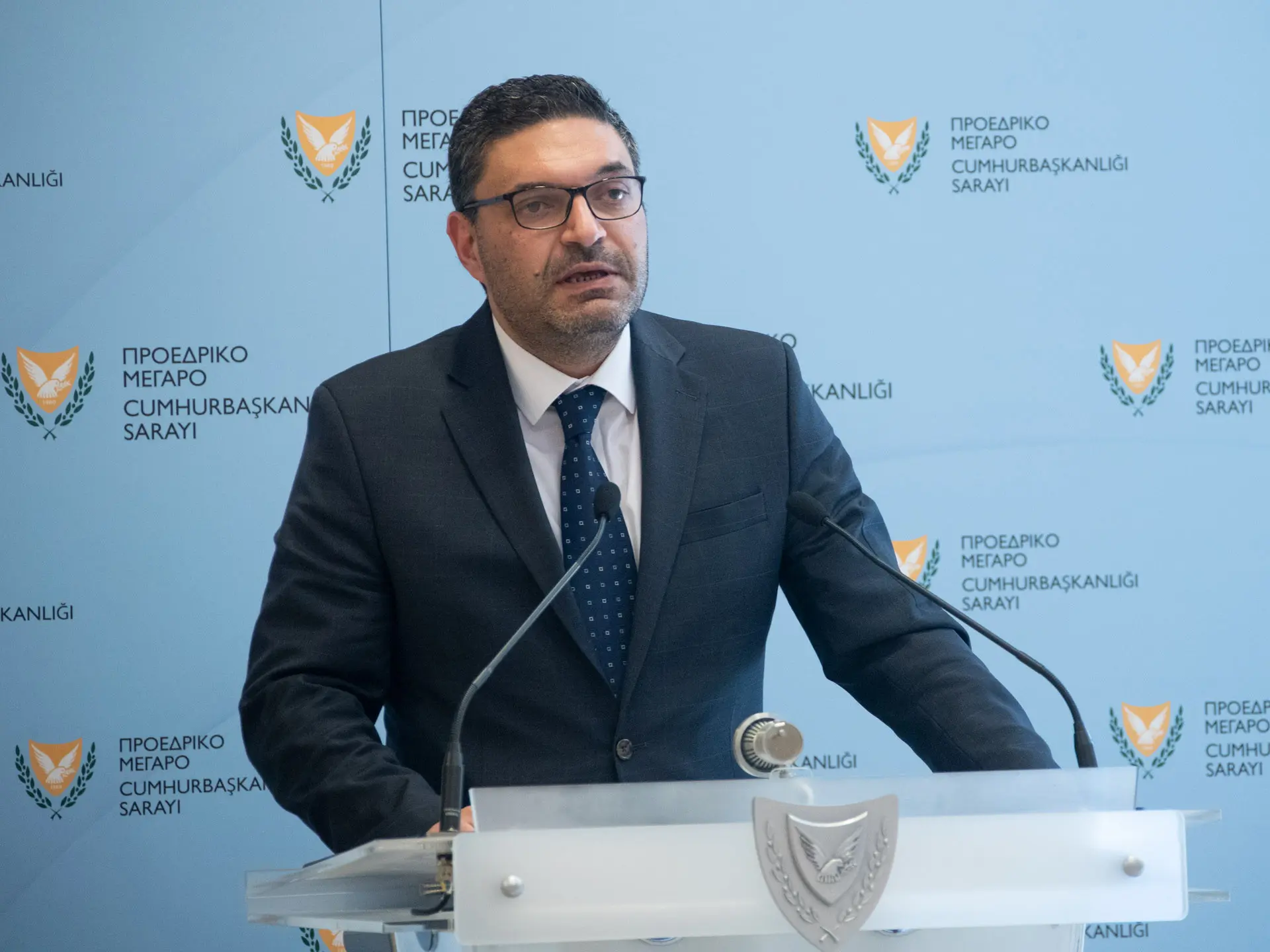Finance Minister Constantinos Petrides on Friday slammed parliament’s decision to extend the foreclosures freeze, saying it ignored both the government’s and central bank’s warnings against this.
Petrides called the decision “extremely disappointing and unacceptable”.
“Those who strategically choose not to meet their obligations should be faced with an effective legal framework, not rewarded,” he added.
The new moratorium on foreclosures until February, 23, 2023, applies to a debtor’s primary residence valued at €350,000 or less, business premises where the business’ annual turnover does not exceed €750,000, and parcels of land with a value of €100,000 or less.
Petrides also said the fact that the decision encompasses businesses with a turnover of up to €750,000 “makes absolutely no sense, as this covers more than 85 per cent of Cypriot businesses”.
Ditto for plots of land which are also covered. “If it can be considered a social measure, the protection of the first home cannot be considered the same for plots of land,” Petrides said.
He warned this was going to have consequences on interest rates, non-performing loans and would make obtaining loans more difficult. The warning to MPs about the consequences had not come just from the government but also from the central bank, Petrides said.
“The House decision affects Cyprus’ credibility, creating issues with investors, ratings agencies and the European Union, during a challenging time for the economy. It calls into question the positive progress to further upgrade Cyprus’ creditworthiness, while government bond yields are rising,” Petrides said in a statement.
The manner in which the regulation was passed through parliament effectively means a universal suspension of foreclosures where businesses are concerned, irrespective of the cost.
“This sends the wrong message to society that there is no requirement to pay back loans or that the state will invent regulations that negate this obligation. The ones paying the price are the conscientious borrowers who make up 75 per cent of all borrowers,” the minister said.
“The culture of non-repayment of loans, which has cost society so much, is being resurrected. It cost society so much in the past and led to the haircut on deposits,” he added, referring to the 2013 financial crisis.
Meanwhile, this also leads to concerns on how it will impact Cyprus’ recovery and resilience programme. With these concerns, Petrides said he was left with no other choice than to call on President Nicos Anastasiades to use his constitutional powers and send the legislation back to parliament.
Meanwhile, Akel called on Anastasiades to respect parliament’s decision and not send it back. The party said it was high time the government prioritised people over banks.







Click here to change your cookie preferences